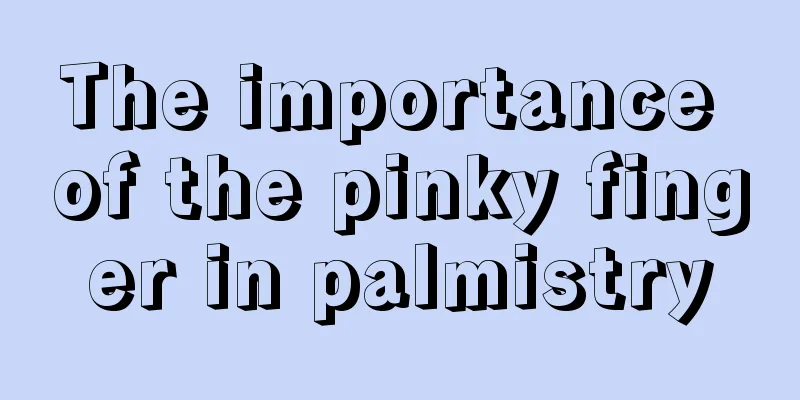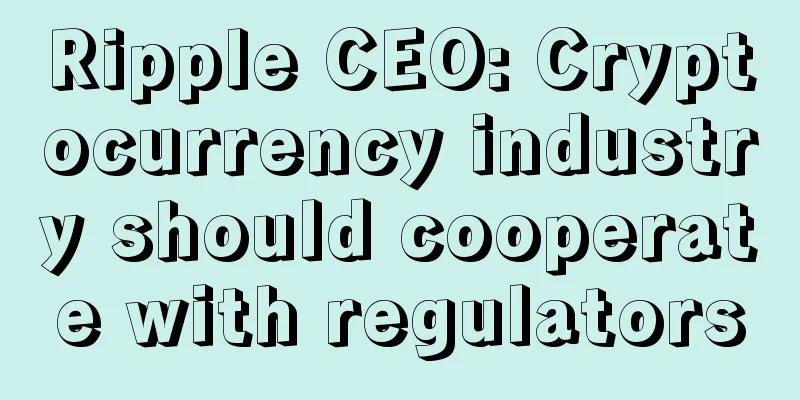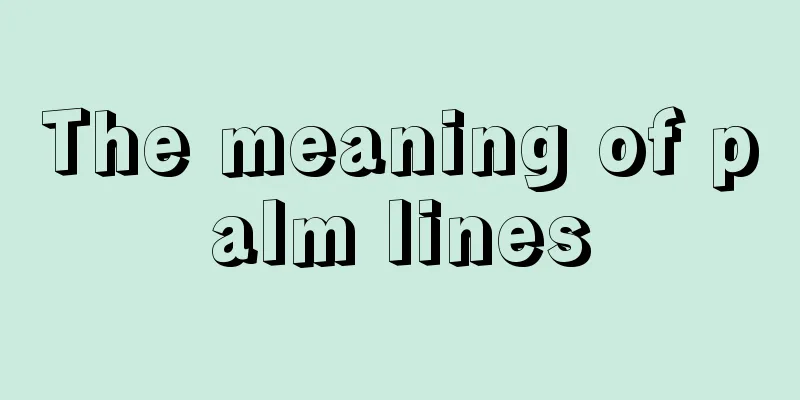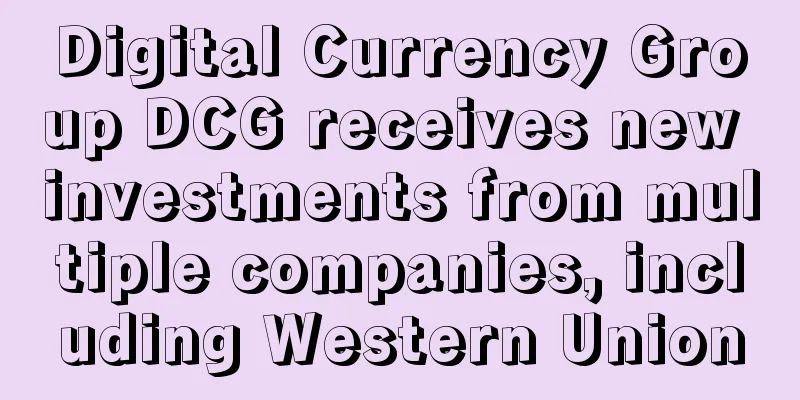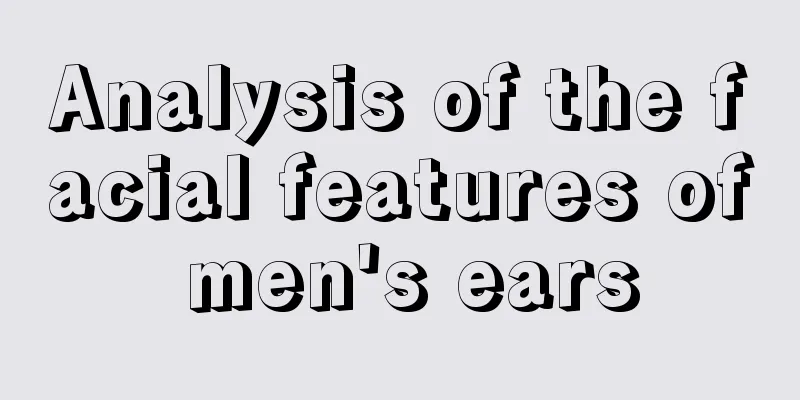National Bureau of Economic Research: Blockchain will change the balance of power in companies

|
According to a new report released by the National Bureau of Economic Research (NBER), blockchain could significantly change corporate governance structures by reducing legal insider trading and making shareholder votes more reliable. Written by New York University (NYU) professor David Yermack, the nonprofit document explores how widespread adoption of distributed ledgers could affect investors, shareholders, auditors and others involved in corporate governance. Citing recent proofs of concept from major stock exchanges, the NBER report explores the future of blockchain for corporate stock records, providing real-time insight into company stock transfers. The report goes on to call blockchain a potential driver of the most significant change to corporate governance “since the introduction of U.S. securities regulations in 1993 and 1994,” noting: "Executive stockholdings would become more transparent, with markets able to detect insider buying and selling in real time, making fraudulent practices such as stock compensation option backdating more difficult, if not impossible. Corporate voting could become more accurate, with strategies such as 'ghost voting' designed to separate voting rights from aspects such as stock ownership making them harder to manipulate in secret." "Any or all of these changes could significantly affect the balance of power between directors, managers and shareholders," it said. It is worth noting that the report considers this technology to be adopted for the first time in developing countries where existing record-keeping systems are imperfect, market regulation is ineffective, and smartphone penetration is very high. Still, the report speculates that the open, public bitcoin blockchain may not be the version of the technology that becomes widely accepted as a solution to these problems. While Yermack noted that Bitcoin has proven its reliability as the world’s longest-running distributed ledger, he pointed out that its model has shortcomings. “If the manager sells his shares, I think the public will see not only the sale, but also the identity of the selling manager. In practice, this may or may not happen, as assets in blockchains are often held in anonymous ‘digital wallets’ that can only be authenticated by complex identification similar to serial numbers,” he continued. Checks and Balances In terms of corporate governance, the report suggests that stocks and bonds registered on a blockchain would lead to “faster and cheaper trade execution” as well as greater transparency, as all transactions on a blockchain would be visible across the network. However, Yermack noted that this is based on several assumptions about how blockchain networks will be structured. “This claim assumes not only that the public can see a distributed ledger of shareholdings, but also that observers can identify the holders of individual shares and the counterparties to significant transactions,” the report reads. Here, the document notes, the way activist shareholders’ stakes can influence corporate strategy may become less common as the technology spreads. In turn, investment managers may reduce trading as concerns about reputational risk heighten worries that they will “send an adverse signal to the market,” the document said. “The end result could cut into managers’ profits from legitimate insider trading, and the firm could have to pay them more money to cover their losses,” the report reads. Voting transparency According to the report, perhaps the most impactful change brought about by the technology will be to stimulate shareholders to directly participate in company decision-making through voting. The report argues that stock managers cannot completely manipulate results due to the transparency and accuracy of digital ledgers, although the voting itself will lead to more verifiable results. “The end result will be more frequent elections among dissidents outside of the candidate pool, more frequent defeats of shareholder activists or groups, and more frequent defeats of management proposals related to compensation and governance,” the report reads. So-called void votes, whereby investors borrow shares to obtain secret voting rights, would also be eliminated, the article argues, because they are open to the public, making opponents of such actions resist such measures. “Similar stock loans will be made immediately transparent and notification of voting rights reallocations will be provided to shareholders, management, and regulators,” the report reads, adding: “Adversaries could take steps to resist the takeover of votes, while regulators could order the removal of voting rights from shares.” Cleaning up the accounting industry Perhaps the most daring prediction, the article states, is that blockchain could automate the accounting industry, thereby cutting $5 billion from corporate spending each year. “Instead of relying on the audit industry, which is itself subject to moral hazard and agency problems, every user can create their own financial statements based on data on the blockchain at no cost and at any time they wish,” the report reads. Despite eliminating today’s accounting practices, the article speculates that the industry may reinvent itself through services that interpret blockchain data. Among other things, the report predicts that real-time accounting will make it harder to make money while reducing the likelihood of suspicious or illegal asset transfers when a company is in financial trouble. However, this future is not without its own drawbacks, as the article concludes by noting that public and permissioned blockchains require strong governance models to operate effectively: “Just like in the case of stock exchanges, regulations embedded in the blockchain’s software code could benefit some participating companies at the expense of others, so the power to change these ground rules is important.” |
<<: How good of an investment is Bitcoin?
>>: IBM joins Linux and big banks to create open source blockchain
Recommend
Facebook obtains electronic currency license in Europe, will Bitcoin face new competitors?
Recently, the Central Bank of Ireland granted Fac...
Citigroup Returns to Cryptocurrency
According to the Financial Times, Citigroup is co...
Men have moles on their left chest. What are the characteristics of moles?
Everyone has moles on their bodies, but depending...
Do people with M-shaped foreheads have good fortune? What kind of fate does an M-shaped forehead represent?
People with M-shaped forehead have strong communi...
Musk: Tesla will accept Dogecoin payments
Elon Musk confirmed at a recent press conference ...
Top Ten Evil Palms
Top Ten Unlucky Palms Lifeline bifurcation If the...
What kind of people have a weak relationship with their children?
For everyone, children are the continuation of th...
How to read a man's nose
The nose is one of the five facial features and i...
How to read the face of celebrities
How a star's face looks determines the develo...
Bitcoin whales snap up $4.3 billion in BTC during price drop
Bitcoin whales haven’t accumulated so much Bitcoi...
What kind of face does a man have?
People like to be with people who value friendshi...
Coin Zone Trends: Bitcoin Price Trends Based on Big Data This Week (2016-06-3)
Reinterpretation of the surge in coin prices 1. M...
Always trying to embarrass others
In fact, it is said that people should be kinder,...
The fortune and wealth of people with dense and messy nasolabial lines are very good.
For a person, the state of fortune is actually cl...
What does a black mole on the butt mean?
We all have moles, and they may grow on the face ...



